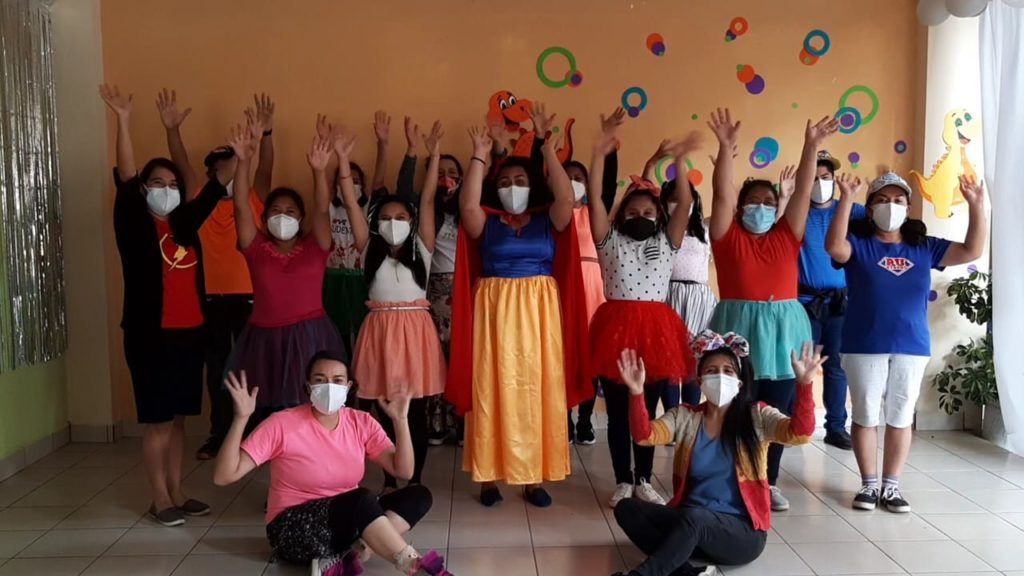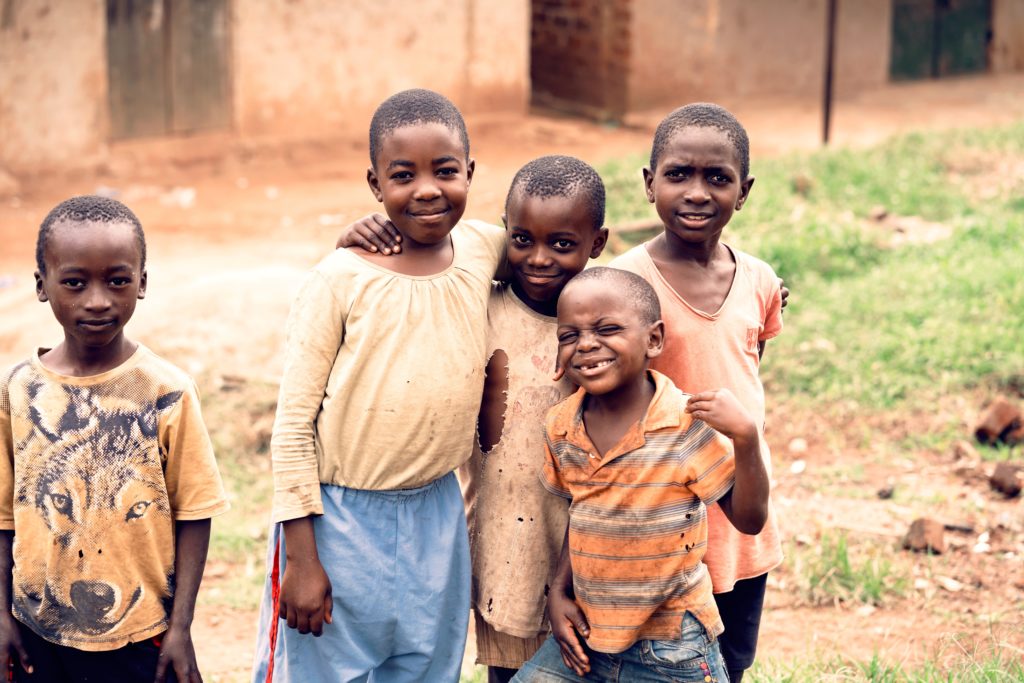How COVID-19 Has Changed Mental Health Globally
COVID-19 is one of the most globally influential events in generations, and the pandemic’s effects on economies, cultures, and individuals are still unfolding.
COVID changed how we worked, bringing in a shift to remote work. Lockdowns and later impacts put 97 million more people into extreme poverty. Over 6.5 million people have died from the disease itself.
As we watch these global impacts, people’s mental health across the world has been heavily impacted.
Here are three fundamental ways COVID has changed mental health globally.
People Feel Afraid
Fear is contagious. For many in vulnerable communities living in tight spaces, fear of the virus led to increased anxiety and a lack of leaning on community support. Many community leaders reported that individuals were avoiding going to the hospital for treatments because they were afraid of contracting COVID.
Living in a near-constant state of fear creates high levels of anxiety, depression, and lower resilience.
The pandemic triggered a 25% increase in anxiety and depression worldwide.

Mental Health Services are Disrupted

Lockdowns eliminated already slim mental health resources, especially in developing countries. The US and other developed countries were able to lean on telehealth platforms to get access to mental health support.
But when 37 percent of the world is living without internet, telehealth resources are entirely out of reach.
Tightened budgets eliminated in person mental health support for many developing communities.
Make a Difference in
Emotional Health and Wellness
Around the World
COVID Caused Social Isolation and Disconnection
Without regular social interaction and engagement, COVID caused *dramatic increases in anxiety, uncertainty, and loneliness. These lead to negative life outcomes, including lower levels of education, employment, and even *shorter lifespans.
For some children and women, the increased stress from the pandemic and time at home has put them at risk of abuse. Trapped in dangerous situations without options for escape, these children and women experience abuse and greater decreased mental health consequences. One study indicated a 8% increase in domestic violence during the first year of COVID.

Mental health is a human rights issue and impacts everyone. Caring for people who suffer from mental illness or addiction can change the world and the lives of people around the world. If you want to be a part of global mental health initiatives, Children’s Hope Chest is paving the way for better mental health across the globe.
Written in partnership with Reach The Lost.





